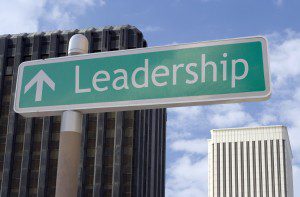How do we become better leaders? Real leaders? There is much to be said about you as a leader. Most books describe leadership as a ‘skill building‘ process. Read more books, practice different techniques, gain more knowledge. But that type of leadership process is only scratching the surface of real leadership. 
For example, how many of you have hired someone for a job? You look at the application, the skill set, educational background, experience, and everything seems perfect with your new candidate! Then you hire the person and realize he/she is a relational nightmare creating dissention among workers, spreading gossip and offending people at every turn. The surface didn’t reveal the reality.
And that’s what Manfred Kets De Vries is getting at in The Leadership Mystique. Each of us have leadership qualities and the kind of leader we are, or are not, is determined by our behavior. Things like: how we treat people, how we respond to information by becoming defensive, angry or withdrawn (p. 13-15), and recognizing the ‘inner dialogue that goes on in our minds most of our waking hours (p. 38) that becomes a filter for how we see others and how we see life.
Kets De Vries believes strongly in the ‘clinical paradigm’ of leadership based on the following three premises (p. 8):
- What you see isn’t necessarily what you get.
- All human behavior, no matter how irrational it appears, has a rationale.
- We’re all products of our past.
The reality is that you cannot change unless you have a deep understanding of why you do what you do. Consider the last time you lost it emotionally in a situation either at home or at work. You blew up at a co-worker or emotionally cut-off your spouse because they did something to offend you. Did you stop long enough to ask yourself why you acted so emotionally? Chances are you did so because of the third premise: your ‘Family of Origin.’
We are all shaped by our home environments when we were younger. As children, we were taught things about the world and life that has contributed to who we are today. For those of us who grew up in emotionally charged home environments surrounded by abuse and alcoholism, we learned that the world isn’t safe, because our mothers and fathers weren’t safe. People are out to get us and we must defend ourselves at all costs. In order to provide safety for ourselves as children we withdrew emotionally, or reacted outwardly through anger, and that has a huge impact on our behavior today.
Overall, this was a refreshing read due to the fact that it departed from the normal leadership book. I appreciated that it takes a deep look into the human persona and asks the tough questions about why we act the way we act and where are patterns of behavior originate. You should get it and read it.

